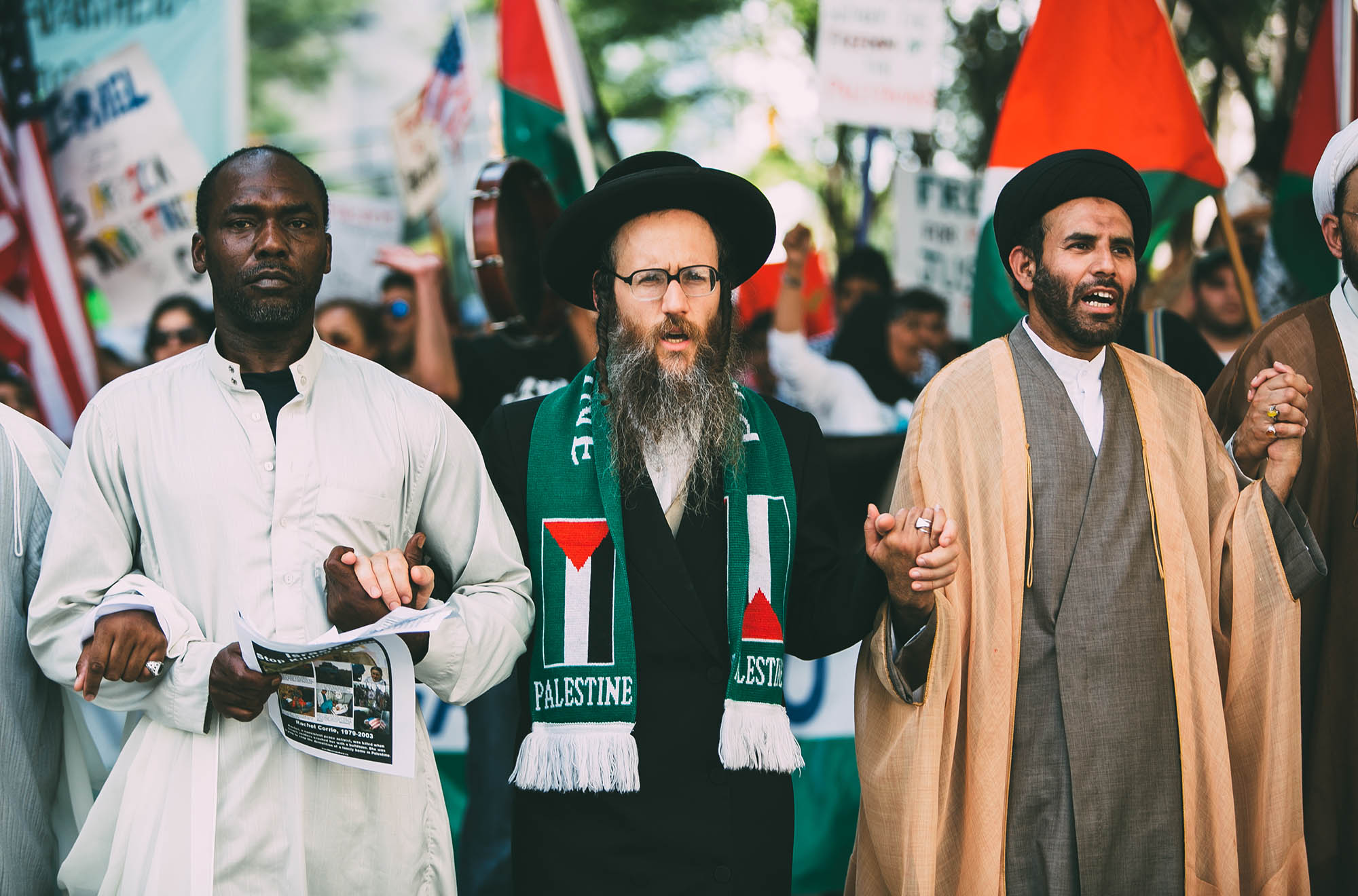In the aftermath of 9/11, moderate American Muslims complained bitterly that its perpetrators had “hijacked” not just the 747s involved, but their entire religion on them. They were naturally afraid lest everyone in the country now consider all Muslims evil, fueled by the religious fury that brought down the twin towers. And some Americans did express their anger over the attack by harassing Muslims and Arabs indiscriminately. That Islamophobia prompted President Bush Jr. to decry their actions—and rightly so. The president went on to reassure Americans that “Islam is peace,”[1] a sentiment both government and media have continued strongly to endorse.
But not everyone is convinced. In fact, some American conservatives accuse their liberal counterparts of joining with Muslims in an unholy alliance to deceive the public about the true nature of Islam.[2] Oversimplifying a very complex phenomenon (Islam), some even assert that moderate Muslims don’t exist. But despite the fact that they’re impotent to shut down—or even just shout down—their Islamist brothers and sisters, moderate Muslims are no figment of the liberal Western journalist’s imagination. Whether Sunni or Shici, they’re at a real disadvantage when it comes to combating Islamism because they often seem to promote a watered-down, Westernized version of their faith. But to deny that moderate Muslims exist is to endorse the position of the Islamic State (ISIS), whose fighters have slaughtered thousands of moderate Muslims, whom they declare infidels. As American Imam Feisal Abdul Rauf says, “The radicals on both sides [Muslim and non-Muslim]… feed off each other.”[3] At least the cooperation of Muslim and non-Muslim moderates is to be expected.
Another reason America’s moderate Muslims complained about the hijacking of their religion was that they feared that, by conferring an image of terrorism on their faith, 9/11 would lead to the erosion of their civil liberties. As the term suggests, moderate Islam grants religiously motivated terrorism no legitimacy whatsoever. Its values are generally compatible with modern Western values—though as we’ll see, most moderate Muslims diverge from Western values on at least one key point. Most of them have chosen to immigrate to the West precisely because they appreciate Western values (there’s considerable overlap between qur’anic and Judeo-Christian values). That’s why such Muslims, especially those living in the West, consider 9/11, the Islamic State and other Islamist expressions their worst possible nightmare: being the “new kids on the block” here, the very last thing they want to do is upset their neighbors. But while many Muslim immigrants to the West are moderates, not all are by any means.
Many non-Muslims wonder if the source of moderate Islam’s moderation is actually religious. A favorite qur’anic verse among moderate Muslims forbids all compulsion in religion (Q 2:256). A favorite tradition among them calls military struggle the “lesser jihad” and the struggle against one’s own passions the “greater jihad.” Hence, moderate Muslims tend to talk about spirituality in more individual terms. Furthermore, they firmly resist the idea of “holy war” by making their community’s right to engage in warfare only peripheral in importance, downplaying the Qur’an’s calls to war and interpreting them as exclusively self-defensive in nature. (We must leave the question of how defensible that interpretation of the Qur’an is for a later post.) Hence, moderate Muslims sincerely believe and passionately argue that Islam is a religion of peace.
Note: Stay tuned for Part II on moderate Islam in this series on understanding Islam as it exists in the world.
Photo: Imam Feisal Abdul Rauf Photo credit: Henny Ray Abrams/AP
[1] George W. Bush, remarks at the Islamic Center of Washington, D.C., September 17, 2001.
[2] For example, see David Horowitz’s Unholy Alliance: Radical Islam and the American Left (Washington DC: Regnery Publishing, 2004).
[3] https://www.youtube.com/watch?v=6l4vMCQVXX4



